Pattaya hospitality businesses learned how to better protect children from child-sex tourists at an annual seminar organized by ECPAT International and its initiative, The Code.
About 50 people attended the Feb. 23 workshop at the Novotel Pattaya Modus Beachfront Resort, one of more than four dozen Thailand hotels and companies signed on to ECPAT’s Code of Conduct for the Protection of Children from Sexual Exploitation in Travel and Tourism.
The Code.org is co-funded by the Swiss government and supported by ECPAT, UNICEF and U.N. World Tourism Organization.
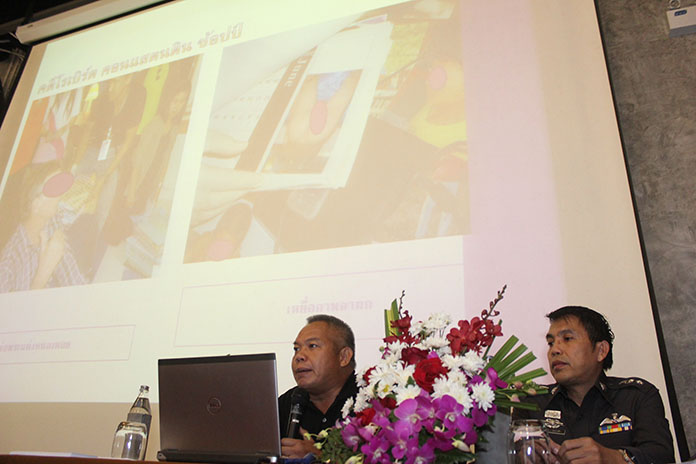
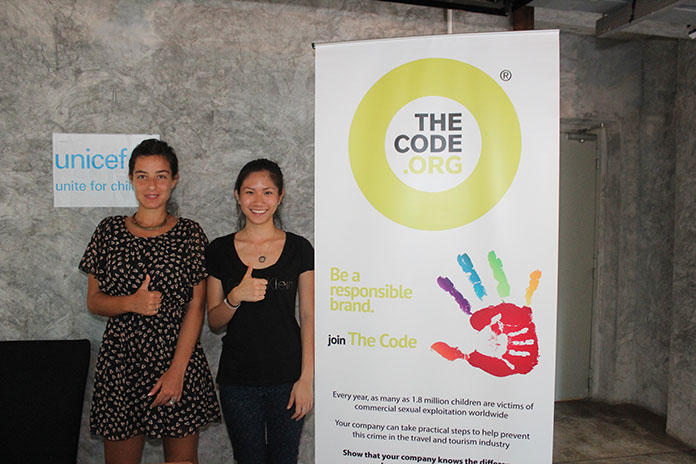
The seminar aimed to strengthen understanding of the issue of commercial sexual exploitation of children, child prostitution and child-sex tourism; provide information on how to report cases to law enforcement and NGOs; and offer resources and tools to enable tourism professionals to create child-friendly companies, policies and procedures.
By signing on to the Code of Conduct, companies pledge to campaign against child-sex tourism, educate employees to detect and report suspicious activities, set policies under which suspicious customers are refused service, provide educational material to guests and customers, and contribute to The Code’s annual report.
Kritsana Pimonsaengsuriya, an independent consultant on children’s rights and protection, spoke to the group about changing viewpoints on child exploitation, while police and social workers spoke about the foreign pedophiles that have abused children in Pattaya.
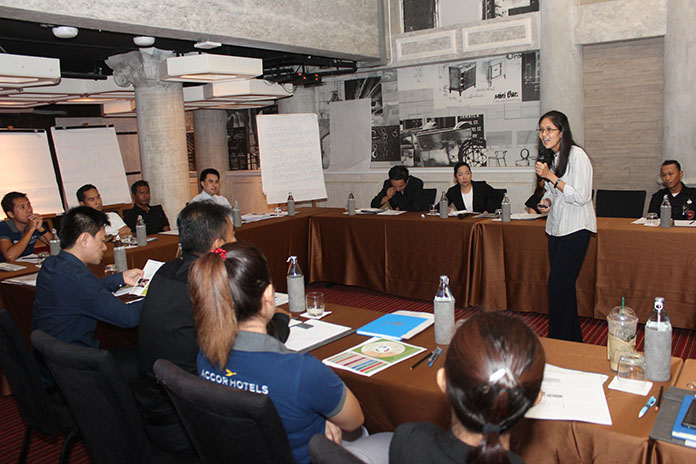
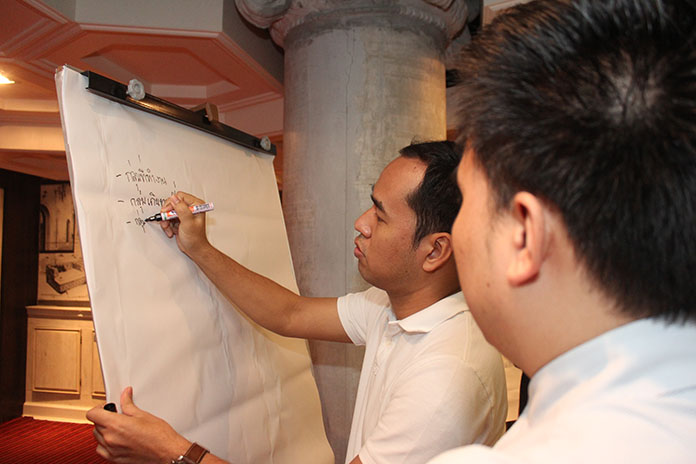
Palisorn Noja, director of the Anti-Human Trafficking and Child Abuse Center, claimed most people charged in Thailand with child sexual abuse are foreign sex tourists who use agents active in human trafficking. Many, he said, appear outwardly to have good jobs and be wealthy, but that only helps their pedophilia.
He said many of the young victims he’s met are orphans or products of broken homes or were sold into the trade by poor families.
Pol. Lt. Col. Aomsin Sukkanka, deputy superintendent in charge of children rights crimes at Pattaya Police Station, said there are about 100,000 cases of child-rights cases in Thailand each year and 90 percent of the suspects were foreigners.
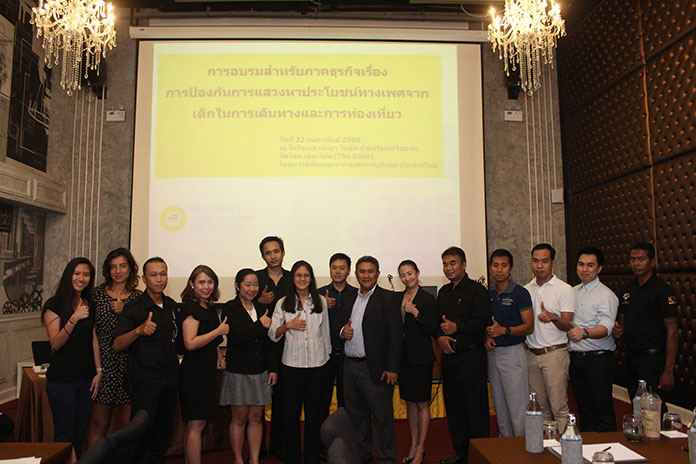
He cited high-profile pedophile cases from 2010 and 2014 as examples. Some of those arrested in Pattaya were found to be active in online pedophilia groups which not only passed around photos and videos, but advice on Thai laws and how to avoid Pattaya police, he said.




